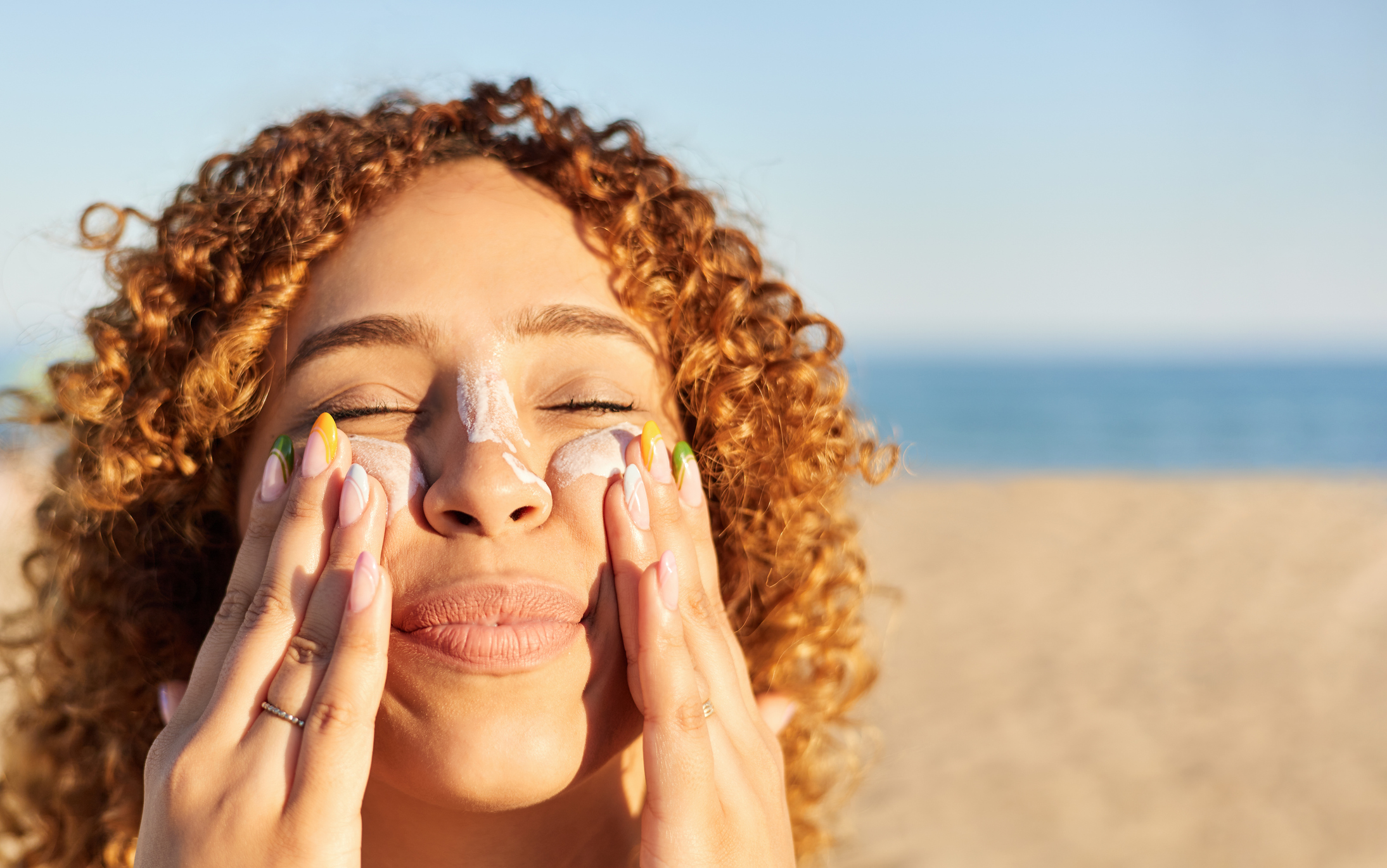Skin Cancer Prevention: Answers to 3 Common Questions

May is skin cancer awareness month, but those of us in Southern California would be wise to adopt a comprehensive approach to sun protection all year long, said Steven Q. Wang, M.D., Chief of Dermatology at Hoag Family Cancer Institute.
“Sun avoidance, seeking shade, wearing protective clothing, and, of course, applying sunscreen correctly are essential to protecting ourselves from the harmful effects of the sun,” Dr. Wang said.
Melanoma is the fifth most common – and the deadliest – form of cancer. That is why Hoag has invested in clinical research and advanced technology to help prevent, detect and treat skin cancer year round, such as the Vectra WB360 3D, the world's first whole-body 3D photographic imaging system. Hoag is the first hospital on the West Coast to offer high-risk skin cancer patients access to the Vectra WB360.
But the most effective tool in the fight against skin cancer is to avoid the disease altogether, Dr. Wang said.
“Sunscreen, combined with hats, seeking shade, is the most effective strategy to prevent skin cancer, no matter how much time you’re spending outdoors,” Dr. Wang said. “We recommend that people wear a broad-spectrum sunscreen with an SPF of at least 30 every day, especially in Southern California.”
Here, Dr. Wang answers some common questions about sunscreen.
How much sunscreen should a person apply?
The standard recommendation is 1 teaspoon of sunscreen to the face and neck, and enough to fit a shot glass (approximately 1 ounce) for exposed areas of your body.
“Apply sunscreen 15 to 30 minutes before sun exposure and reapply at least every two hours, or after every water exposure or sweating even if the sunscreen is labeled water-resistant,” he said.
Will sunscreen interfere with Vitamin D absorption?
While sunscreen blocks harmful UV rays, no studies have found that everyday sunscreen prevents the body from getting the vitamin D it needs to maintain healthy bones and muscles. However, if you’re concerned about vitamin D deficiency, you can boost your vitamin D level through dietary intake. Try incorporating vitamin D-rich foods such as fatty fish and fortified milk and breakfast cereals into your diet.
“The risk of skin cancer is much more real than the risk of vitamin D deficiency, especially in Southern California,” Dr. Wang said.
Will sunscreen interfere with my sleep or mood?
No, sunscreen will not interfere with your sleep or mood. Sunlight is essential to maintaining a person’s circadian rhythm, the body’s internal clock that governs sleep cycles and hormone release. But that clock takes its cues from the eyes more than it does from the skin.
“Going for an early morning run or walk is a great way to start your day and to tell your brain that it’s time to wake up, but the positive effects of that sunlight will be processed in the brain through your eyes,” Dr. Wang said.
And, Dr. Wang notes, when you are on your run or walk, wear protective clothing and sunscreen to protect your skin from harmful UV light rays, which damage the DNA in your skin cells and increase your risk of developing skin cancer.
Learn more about skin cancer and melanoma treatment at Hoag.